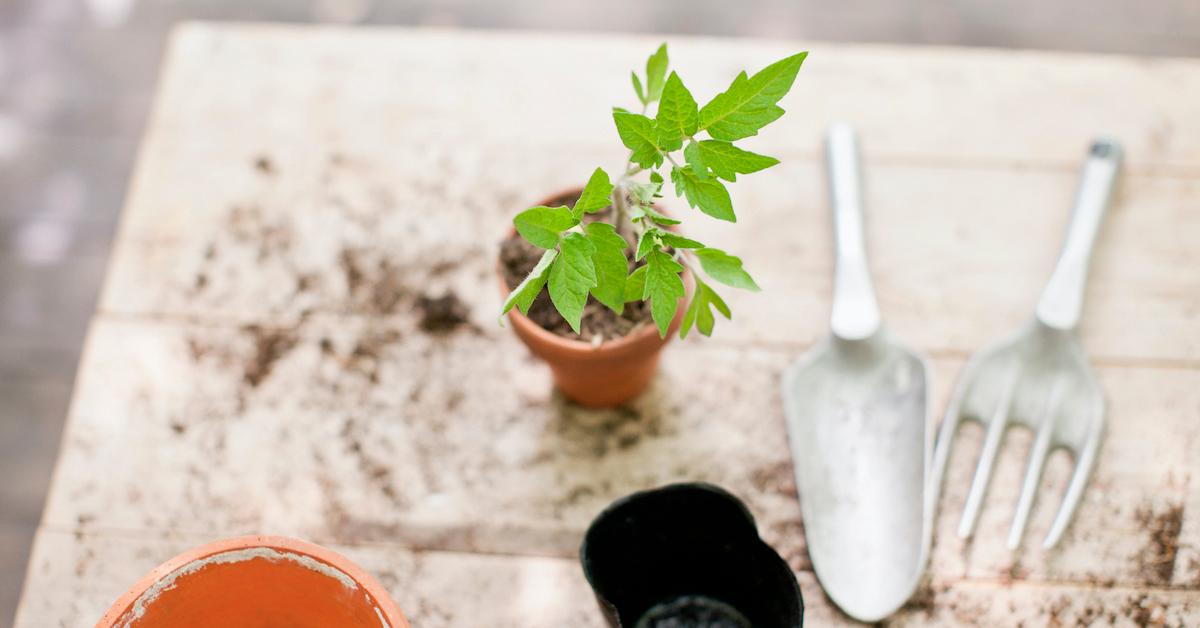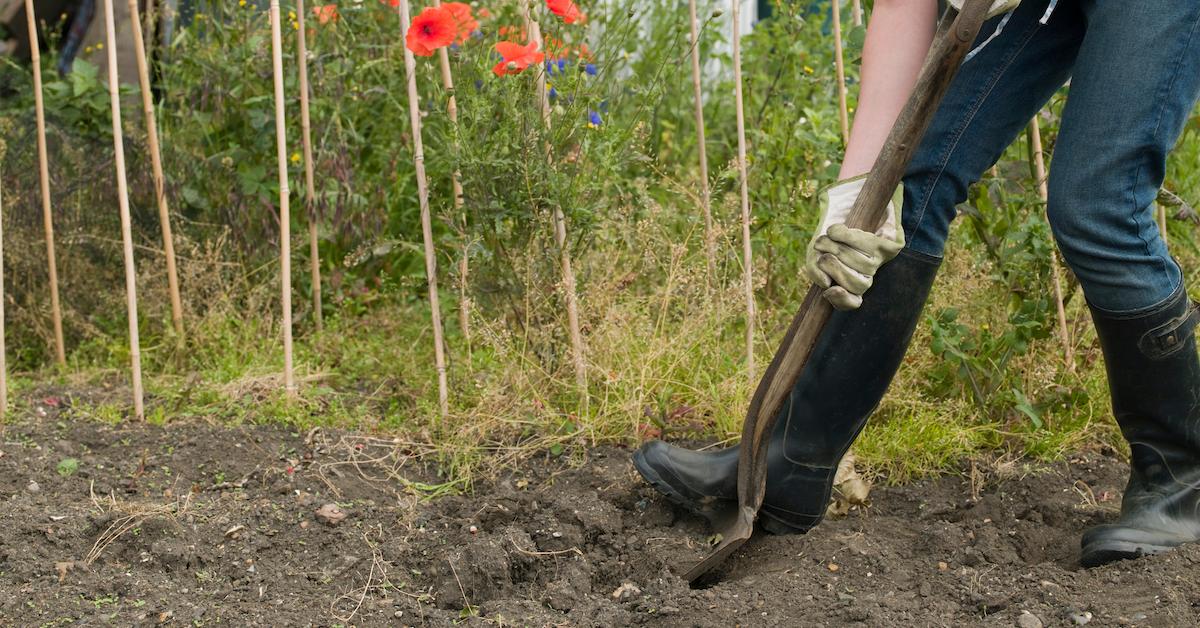What Is the Benefit of Sowing Seeds Early? Here's Why You May Want to Start Soon
Published Jan. 25 2021, 12:52 p.m. ET

Why Some Sow Seeds Early
Experienced gardeners around the world will tell you their own tips and tricks to maintaining the perfect green space — some swear by the lasagna gardening method, while others effortlessly maintain a healthy indoor gardens year-round. Many, however, are dedicated to sowing their seeds earlier in the year, as opposed to springtime, claiming it provides gardeners with a host of benefits.
Keep reading for more on why some gardeners prefer to start sowing their seeds early, the benefits of abiding by this unusual planting method, and when you should start, if you'd like to reap the supposed benefits of the unique practice.

Why start sowing seeds early?
Although the typical sowing season starts in mid-April, many seasoned gardeners prefer to start sowing their seeds early — in January or February — in order to extend their growing season by a few months, according to Treehugger. This ultimately yields crops and blooms alike several months earlier than most, giving an ample amount of time for your garden to continue thriving until growing season officially ends.
However, early seed sowing has different requirements than springtime gardening — according to Savvy Gardening, January and February's outdoor growing conditions are too cold, which means you'll have to do it indoors, and transition them outside later in the year. That said, a sunny window sill on its own may not suffice for growing conditions. You may need a grow light, as well as other materials, to get started.

How to start sowing seeds early:
BBC Gardeners' World offers many tips for gardeners looking to sow their seeds early in the year, starting with the advice to buy a heated propagator — because seeds tend to germinate at temperatures between 64 degrees Fahrenheit and 71 degrees Fahrenheit, giving them extra heat, even indoors, is vital. Heated propagators provide consistent growing temperatures all day long, without wasting a ton of energy by raising the heat in your home. Some are expensive, but this one on Amazon is only $38.99.
Seeds also require several hours of light to officially germinate, and in January or February, there are only a few hours of sunlight in the day. With low light levels, seeds can have trouble growing into strong plants, and therefore, a sunny window sill may not suffice on its own. Experts recommend gardeners buy a growing lamp to make sure their plants grow in strong and healthy. This one from Amazon will only cost you $29.
There are also other important tips to keep in mind — washing anything that comes into contact with seeds, such as wash pots, seed trays, and propagators with greenhouse disinfectant is crucial. They also recommend starting with a new bag of compost, as opposed to old bags from previous years, and starting with new seeds, to ensure they aren't expired. Also, keeping up a consistent watering schedule, ensuring they don't try out, helps quite a bit.
Sowing seeds early isn't for everyone, but it may be beneficial if you rely on your plants for food and flowers. You'll definitely be inside for months to come, so why not take on a new project and start now?